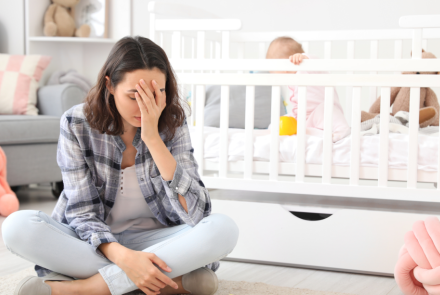If you are 65 or older, there are two very important vaccines doctors recommend you get to protect you against Influenza and Pneumonia. “At this time of year, we talk to all of our patients about getting vaccinated for the flu,” says Charles O’Dowd, MD, an internist at Clarkstown Medical Associates in New City, NY. “With our patients 65 and older, we use this as an opportunity to make sure they’re up to date on their pneumococcal vaccine as well. Both the Flu and Pneumonia are preventable by vaccines, and can both be quite serious, potentially fatal”, Dr. O’Dowd says it’s safe to get both at the same time to avoid a repeat visit to the doctor.
As we continue to see Covid-19 cases rise in our community, it is important for everyone, not only those over 65, to get their flu shot. Even though getting the flu vaccine does not protect against COVID-19, it has been shown to reduce the severity of symptoms and chance of hospitalization. With the current strain on our hospitals, getting a flu vaccine is one way you can help save the much-needed resources used to treat patients with COVID-19.
Influenza
Flu vaccination can reduce illness from flu and prevent flu-related hospitalizations and deaths. According to the Centers for Disease Control and Prevention (CDC) during recent flu seasons, deaths have ranged from a low of 12,000 (during 2011–2012) to a high of 56,000 (during 2012–2013).
For people 65 and older, a high-dose flu shot is recommended. “Once you’re 65, your immune system requires a higher-strength vaccine to get you to a protective level,” Dr. O’Dowd explains. You need a new flu shot every year to match that current year’s circulating flu strain. The CDC recommends you get a flu shot as soon as it’s available, and by December at the latest. Flu season usually peaks between December and February, but activity can last as late as May.
Dr. O’Dowd emphasizes that you can’t get influenza from a flu shot. “The injectable flu vaccine uses a killed virus, so it can’t be transmitted,” he says.
Pneumococcal Vaccine
The pneumococcal vaccine protects against pneumonia and meningitis. The CDC estimates that about 900,000 Americans get pneumococcal pneumonia each year, and about 45,000-63,000 die from the disease.
A person 65 or older should have a series of two pneumococcal vaccines a year apart. No further pneumococcal vaccines are needed after that. Some people with certain medical conditions should have a pneumococcal vaccine earlier. These include people:
- With chronic illnesses (chronic heart, liver, kidney, or lung [including chronic obstructive lung disease, emphysema, and asthma] disease; diabetes; or alcoholism)
- With conditions that weaken the immune system (HIV/AIDS, cancer, or damaged/absent spleen)
- With cochlear implants or cerebrospinal fluid (CSF) leaks (escape of the fluid that surrounds the brain and spinal cord)
- Who smoke cigarettes
Getting vaccinated protects you and the people around you, Dr. O’Dowd notes. “By getting vaccinated, you’re protecting both yourself and the entire community,” he says. “Some people, such as very young babies and certain people with chronic illnesses, can’t be vaccinated. The more people who are vaccinated, the more protected they are.






